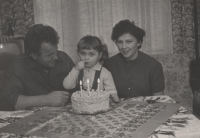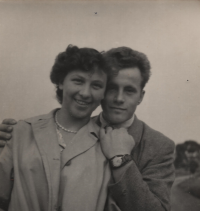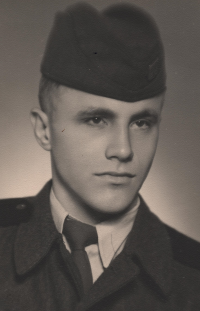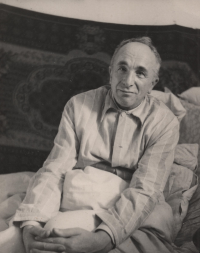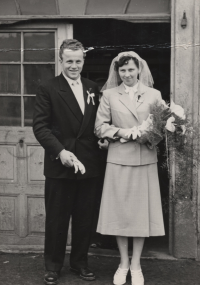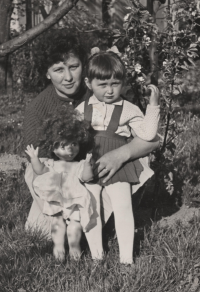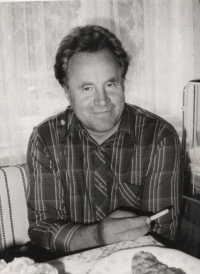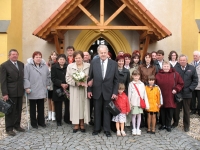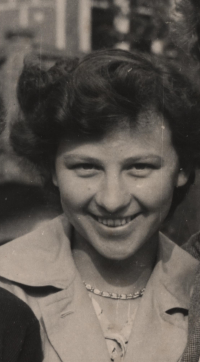I’ve been patient and I’ve helped everyone

Download image
Marie Jančová, née Konfrštová, was born on 24 February 1945 in Nová Ves near Chotěboř. Her parents built a small farm. When collectivisation came, they did not want to hand over their property to a unified agricultural cooperative (JZD). Only after a long time did her dad transfer the farm under pressure and go to work in the JZD. Her husband Rudolf came from a family that was labelled kulaks and was evicted from their farm in Černuc near Kladno. In addition, her father-in-law was convicted and imprisoned, he was released in poor health, and her mother-in-law took care of him at home. Their family background brought them various problems during the communist regime, whether it was the scuffles around their wedding or the great difficulty in finding housing. After the Revolution, the family looked into the archives of State Security (StB), where they found that even friendly neighbours had informed on them. In 2022, Marie Jančová was living in Chotěbor.
